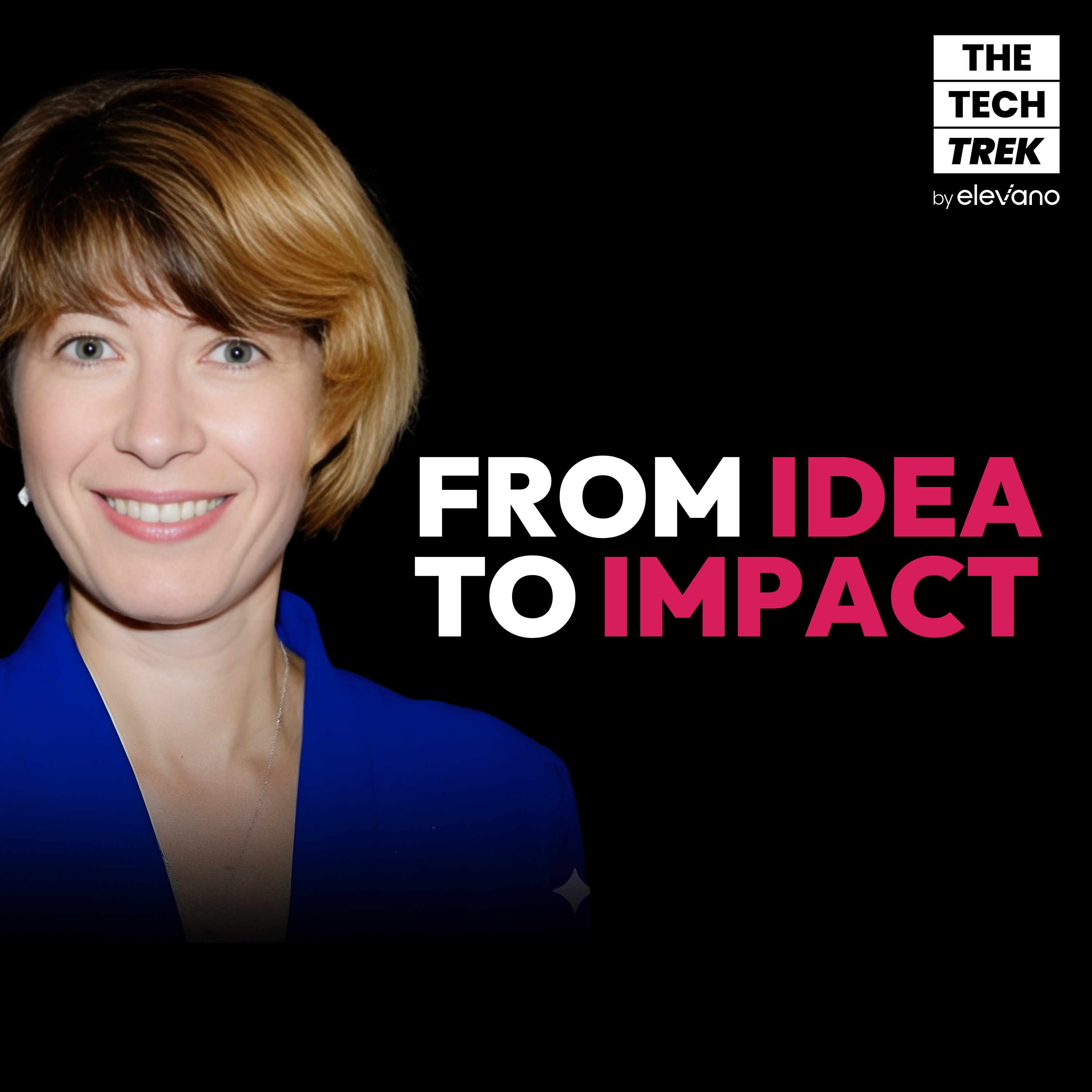Episode Details
Back to Episodes
How Data and Engineering Make the Impossible Real
Description
Svetlana Zavelskaya, Head of Software Engineering for Data Platform and Infrastructure at Quanata, joins the show to unpack what it really takes to make the “impossible” possible in tech. From re-architecting a startup codebase to scaling innovation inside an insurance giant, she shares how her team turns complex R&D challenges into production-ready systems. This conversation dives deep into engineering discipline, AI tool adoption, and why the next wave of insurance innovation is powered by data and software.
Key Takeaways
• Real innovation often means balancing speed with long-term architecture decisions
• AI coding tools are valuable for exploration but need governance and clear security guardrails
• POCs fail when expectations aren’t aligned, not because the tech doesn’t work
• Insurance tech is evolving fast through telematics and context-based data models
• Well-structured, well-documented code is still the foundation for scalable innovation
Timestamped Highlights
00:33 How telematics is changing the economics of insurance and rewarding better drivers
03:59 Cars as software platforms and what that means for data privacy and innovation
06:02 The growing pains of re-architecting an organically built startup codebase
08:38 Evaluating new AI tools and maintaining data security across teams
11:08 Why most AI POCs never make it to production
16:29 How Quanata’s R&D work feeds into State Farm’s larger technology initiatives
20:40 Safe-driving challenges, behavioral change, and saving lives with data
A Thought That Stuck
“If we can prevent just 1 percent of drivers in the world from using their phone behind the wheel, imagine how many lives we can save.”
Pro Tips
• Before starting a POC, define if it’s an experiment or a potential product foundation
• Let engineers explore new tools but build frameworks to govern how data and results are handled
Call to Action
If you enjoy exploring how data, AI, and engineering innovation come together to solve real-world problems, follow The Tech Trek on Apple Podcasts or Spotify and share this episode with a colleague who builds at the edge of what’s possible.